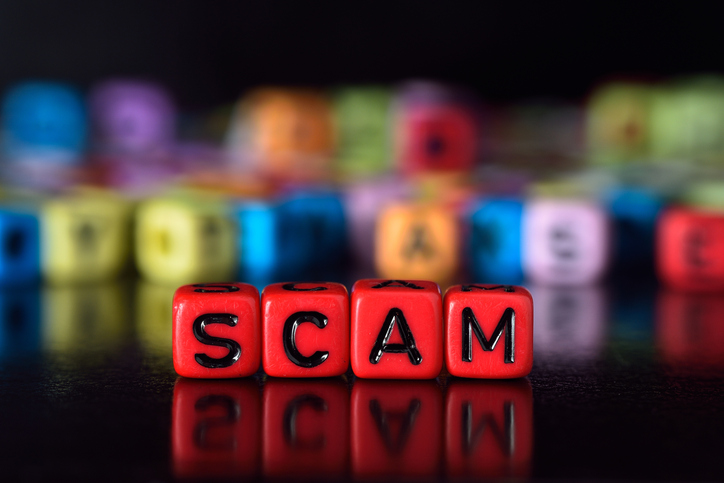For Mark Roberts’ Use: Imagine you receive a phone call, and the voice on the other end of the line informs you that they are a representative from Social Security. This person goes on to tell you that due to suspicion of illegal activity, all of your accounts have been suspended. Unless you call another number and follow their directions precisely, your assets will be frozen.
It sounds pretty scary, and it’s no reason so many people have already fallen for the premise of this scam. After all, many retirees depend on Social Security for a significant portion of their income. Having those assets frozen could be disastrous, from a financial standpoint.
If you receive a call like the one described above, it is most likely a con artist. After asking you to “verify” certain information, like your Social Security number, your mother’s maiden name, your date of birth, and bank account numbers, that information will be used to commit fraud and theft in your name.
First of all, let us reassure you that Social Security will never call you with news of any account being “suspended” or “frozen”. In the event that there is a problem – which is rare – they send a letter in the mail. If Social Security does call you, it’s in response to communication you previously initiated, such as a request for help.
So, what should you do if you receive one of these calls? Follow these three steps:
- Don’t say a word. Don’t even verify your name or Social Security number.
- Hang up immediately. You don’t owe this person any information.
- Report the event to Social Security. Their fraud hotline number is: 1-800-269-0271
When you call Social Security, you will know for certain that you are talking to one of their representatives. He or she can reassure you that there is nothing wrong with your account.
One last note: Be on guard for similar scams that might arrive in your email. No matter how official the email appears, it is unlikely to actually be from the Social Security Administration. Never click links or enter personal information in response to a suspicious email. Call the Administration yourself, and they can tell you if they need anything from you.


Leave A Comment